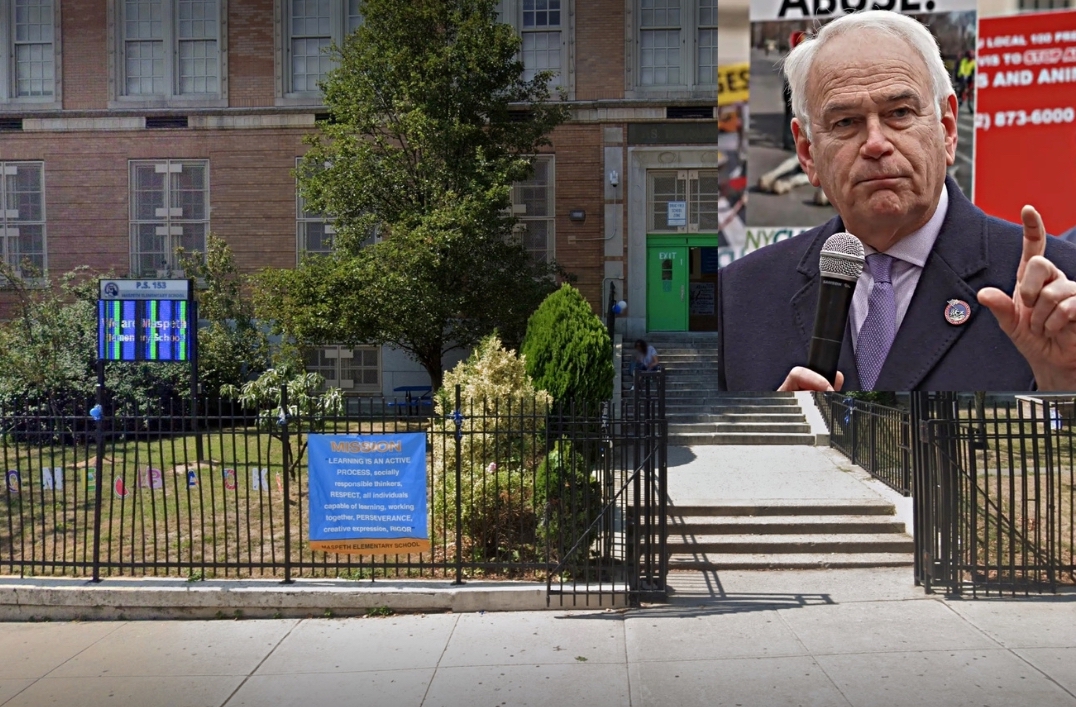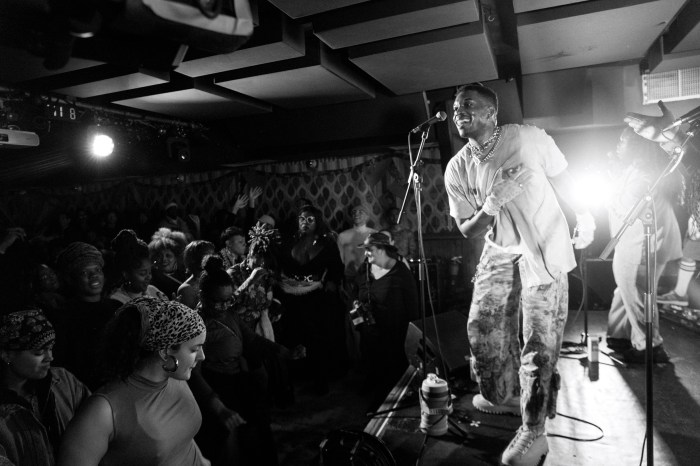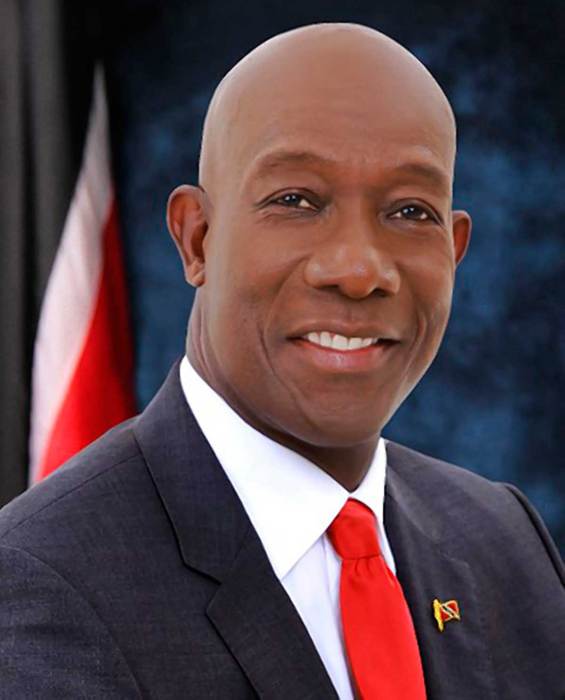The H1N1 public vaccination process reveals some ugly truths about human nature — or more precisely about the nature of some humans.
University of Toronto sociologist Scott Schieman has speculated that uncontrollable anxiety triggers a will to survive that in some individuals obscures other considerations. “When people panic, they feel the rules don’t apply to them,” he said recently to a reporter.
No doubt some of these panicky types slithered into the public lineups with pregnant women, babies, toddlers and individuals with underlying health conditions and lied their way to an early vaccination.
At the same time, there’s been a steady stream of allegations about hospital board members, senior police personnel, private-school students and professional athletes getting their flu shots ahead of at-risk groups. These queue-jumping controversies uncork deep — and often justified — suspicions about privilege begetting privilege.
History is full of examples. A study published last year that examined who survived the sinking of the Titanic found that while women and children were more likely to get a spot in the few available lifeboats, social class was also a key factor. First- and second-class passengers, the Australian and Swiss researchers found, had a higher probability of surviving compared to third-class passengers. The investigators suggested this was because upper-crust travellers likely had better access to senior crew members with important information on how dire things really were that dark night. It was also a huge advantage that their cabins were closer to the boat deck. Privilege begat privilege.
Critics who suggest that journalists are making too much of suspected instances of queue jumping just don’t get it. The stories are about power, influence, connections and privileges that beget privileges. They need to be told, if only to force the alleged offenders to explain their actions.
What’s so disheartening about the H1N1 rollout over the past few weeks is not just the realization that some people, when presented with an opportunity to put themselves first, will seize the moment. It’s that this is happening during a flu outbreak that to date, at least, isn’t living up to its billing. Hospitals aren’t overwhelmed by the deathly ill. Public gatherings haven’t been banned. People aren’t dying in the streets. What if this actually was the “big” one?
I’d like to think there wouldn’t be a stampede to the front of the line by the morally challenged. But I’m not optimistic.
April Lindgren teaches at Ryerson University’s School of Journalism, where she specializes in local news and urban affairs reporting; april.lindgren@arts.ryerson.ca.
















